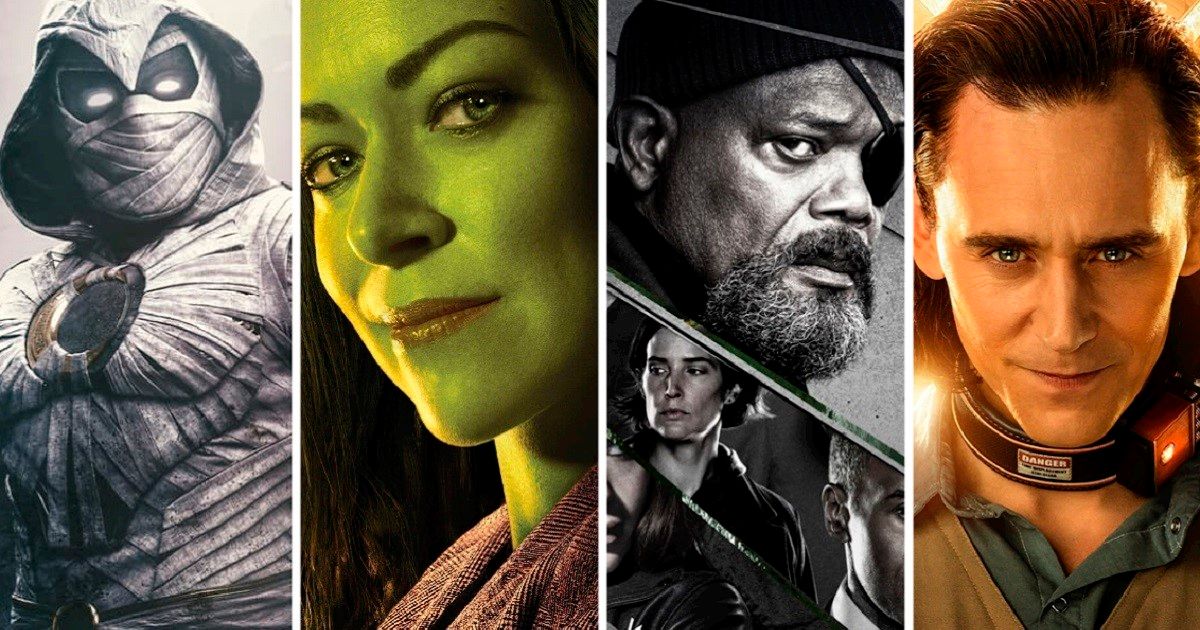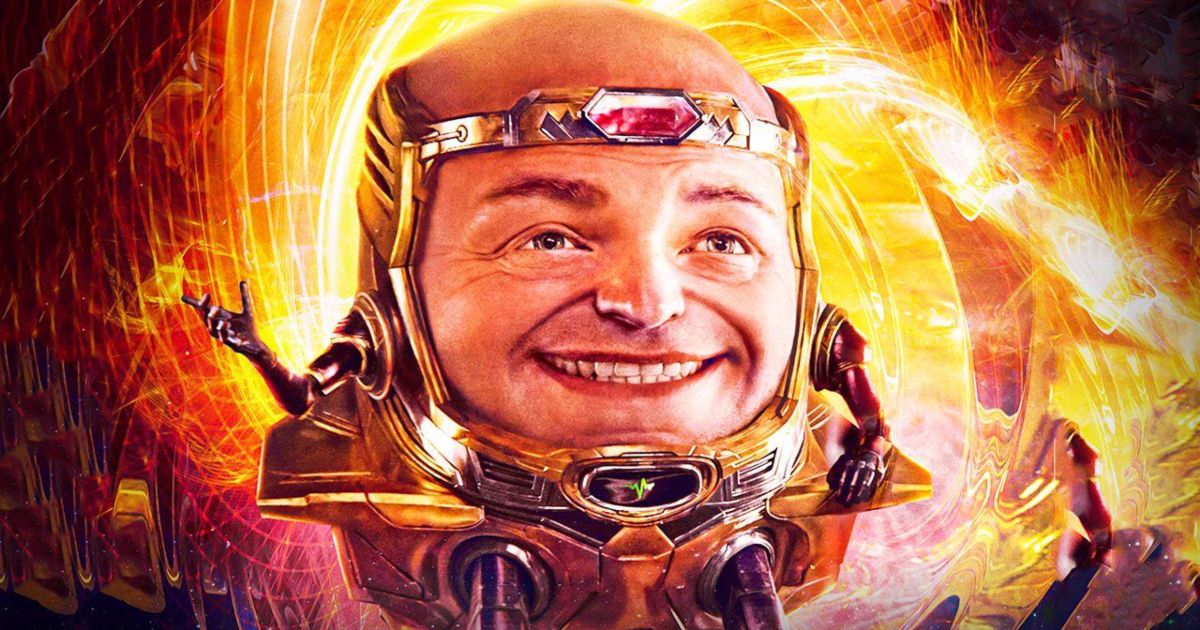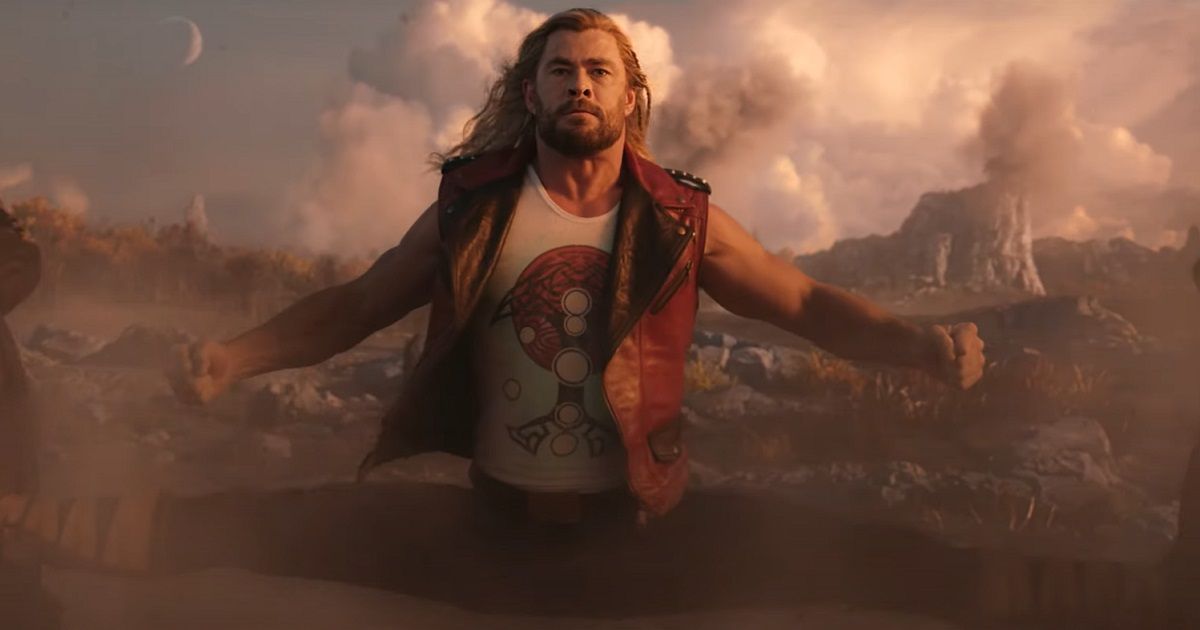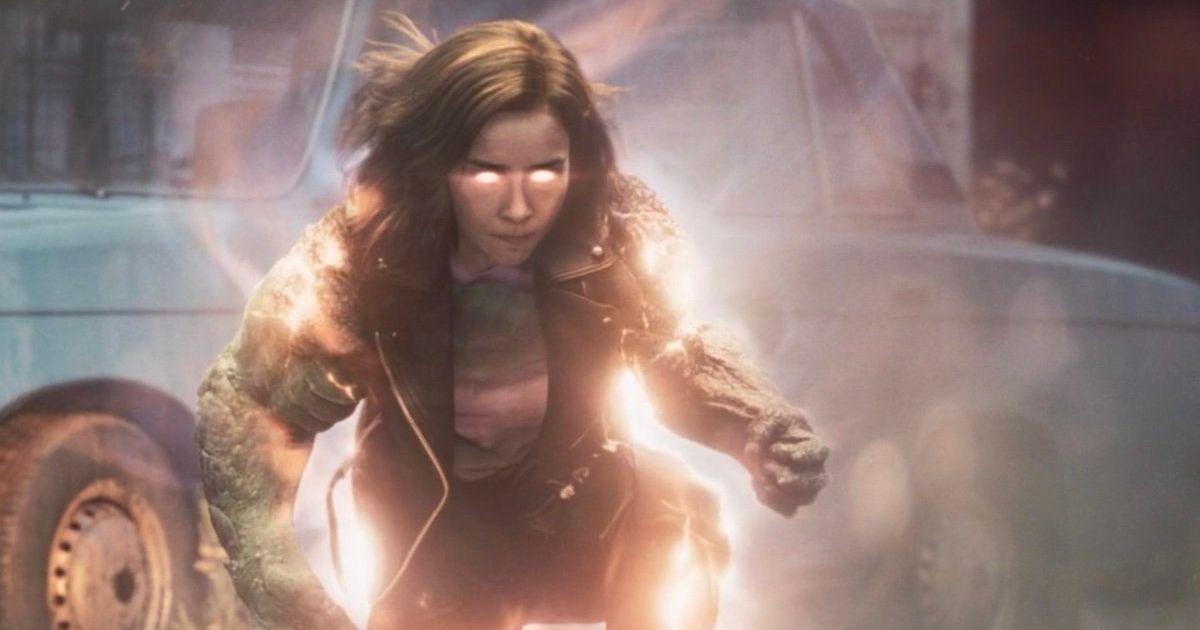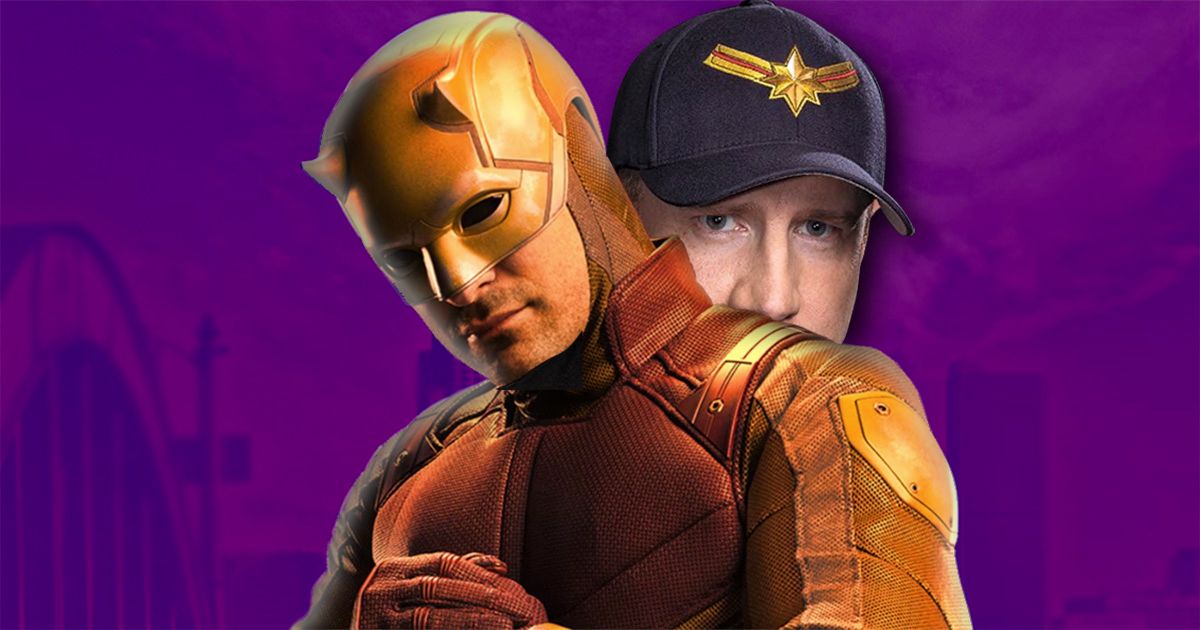Disney was in dire straights under Bob Chapek, so Bob Iger came back as CEO to change things up at the House of Mouse, and he’s making some big moves – backwards. According to The Hollywood Reporter, Disney is drastically pulling back the reigns on the two most profitable franchises in the world, Marvel’s MCU and Star Wars. We can already see the effects in Marvel, which released more MCU movies and shows in the last two years than all the Marvel projects over the previous two decades together, is now only releasing two Disney+ series of the planned eight and three movies.
Given the mixed reaction to the MCU’s Phase 4, it only makes sense that Iger would slow things down with his return. With the breakneck speed of eighteen different projects released within mere weeks of each other in theaters and on streaming in just two years, many fans gave up on the MCU as it became apparent that Disney was churning out one rushed movie after another forgettable movie with dull shows bogging everything down in between, providing little quality entertainment and room to breathe.
Update October 17, 2023: This article has been updated following recent developments regarding the MCU, including behind-the-scenes details on series like Daredevil: Born Again and recent MCU releases like Guardians of the Galaxy: Vol. 3 and Secret Invasion.
So Iger has decided to switch things up and go for the quality over quantity approach to Marvel. While this means many anticipated projects are delayed, it’s undoubtedly for the best of the franchise and the fans. Here’s why slowing down is good for the MCU.
Marvel Fatigue Appears To Be Setting In
Black Panther: Wakanda Forever capped off Phase 4, ending the MCU’s very messy Phase with a teary farewell to Chadwick Boseman’s old Black Panther with an epic welcome for Letitia Wright’s new Black Panther in a heavy emotional hitter that is praised as one of the best superhero movies ever, with a cast like Angela Bassett even receiving Oscar nominations in a first for Marvel.
This downward trend doesn’t seem to be changing anytime soon, either. Ant-Man and the Wasp: Quantumania has already begun Phase 5 with a rocky start, suffering Marvel’s steepest box office drop and extremely low critic scores, and is now the second lowest MCU movie, just behind Eternals. While Guardians of the Galaxy Vol. 3 was a hit with critics and audiences, many cited that being good because of James Gunn and not Marvel, with many left wondering what this means for Marvel now that he is going to be running DC Studios.
Quantumania depends on previous MCU shows to set it up. Still, it’s ridiculous to expect complete loyalty and total dedication from viewers when so much material is released so fast. Fans feel punished for missing a movie or a show in such an interconnected universe. This kind of constant and grueling output is unsustainable, and though it took a while, it seems that Disney and Iger have realized this too and finally pumped the brakes.
Slowing Down Gives Creators Time to Do Their Best
Of everything that went wrong with the MCU in Phase 4, almost all the problems plaguing Marvel recently could be solved simply by giving people more time—especially to the creative minds at Marvel. The most obvious and glaring example that creators just needed more time was in the special effects department, where VFX artists have openly admitted to being overworked for months on end with massive workloads and strict, non-flexible deadlines to match the excessive MCU output, meaning that the final product usually doesn’t look that great.
She-Hulk: Attorney At Law was openly ridiculed for months by fans due to poor CGI quality, and every other Marvel project, even hits like Spider-Man: No Way Home and Black Panther: Wakanda Forever, suffered greatly from lackluster visuals due to rushed and tired artists. The breaking point for many seemed to be Ant-Man and the Wasp: Quantumania, which was reduced for VFX. The same breakneck speed and high expectations have caused problems across the board for creators at Marvel, from set-building workers to the directors and actors themselves.
Reducing the output removes many of the impossible expectations from creators, creating more flexible schedules for all and making workloads more manageable, meaning better quality overall for Marvel. You can’t rush art, and this way, they can focus on making sure the story is right instead of needing to meet a release date.
Refocus On What Stories Are Being Told
The MCU has been able to turn lesser-known characters into household names since its inception with the release of Iron Man. The joke is that there is no property too small that Marvel Studios could not turn into a blockbuster name, from Guardians of the Galaxy to Shang-Chi. Even many of the Disney+ characters like Werewolf by Night and Ms. Marvel are now more popular than ever. But the need for more stories to populate Disney+ and the release schedule led to Marvel greenlighting some interesting but odd picks.
Wonder Man is one of the most obvious. While a fan-favorite character in the comics, the MCU is already filled with so many new heroes. Is now the right time to introduce Simon Williams? Did Marvel make Secret Invasion just because it was a high-profile name of a comic event, even though it went against all the development of the Skrulls in Captain Marvel? Thor: Love and Thunder seems to be made just to make another Thor movie. Now, Marvel can focus on whether these stories are actually worth telling and fine-tune them to make sure they not only fit the wider MCU narrative but also can be worthy in their own right.
Slowing Down Gives Fans Time to Breathe and Absorb
More time is another simple solution to Marvel’s greatest issue and most deadly problem: superhero fatigue. Marvel, like any other entertainment company, is entirely dependent on the fanbase, meaning if fans are getting tired and new fans aren’t coming, it’s going to crash and burn. Marvel’s MCU is the biggest franchise in cinematic history, with a global fanbase and a direct impact on pop culture around the world. The power of the MCU is overwhelming, so much so that people have become overwhelmed by it.
The previous MCU output model for the first decade was much more manageable for hardcore fans and casual viewers, as one film every six months isn’t a big commitment with most lifestyles. But double that and adding even more streaming shows all in one year is a bit too much, especially in a complex superhero universe where one project builds off another. Such a drastic volume of content produced so quickly makes it nearly impossible for new fans to join when it feels like they have to catch up to a goal that’s speeding away, and paired with less-than-great quality, constant lackluster content quickly tires out old fans.
The worst part is that no matter how good it is, it will be forgotten soon when a new MCU title comes, like how Wakanda Forever only stayed in the spotlight until Quantumania took over only a few months later. While there have been plenty of hits within the MCU recently, like Werewolf by Night, Shang-Chi and the Legend of the Ten Rings, and Spider-Man: No Way Home, the rate at which their material is released means it gets quickly forgotten about in favor of what did not work like Thor: Love and Thunder or Secret Invasion.
Change Is Coming
A franchise cultivated over a decade, it’s prone to have some of its audience outgrow the property. The problem with Marvel, however, is that too much has happened too fast. The company has matched with Phase 4 the same number of releases they had in their first three phases (accounting for films and shows). The effect of the WGA SAG-AFTRA strike gave the company time to crunch their numbers and listen to fan feedback. The result is taking a look at all of the projects they have greenlit and giving them the time to actually retool them instead of rushing forward with them.
The recent overhaul of Daredevil: Born Again is just one sign of the many changes required by Marvel Studios to make the MCU good and profitable again. The company is still recovering from the low blow it received with Secret Invasion, which is the lowest-ranked Marvel TV show to date. The company has been forced to dial back the volume and revisit the true and tried formula that worked for years in traditional television, with showrunners and smaller writers’ rooms driving the narrative of their shows.
So Marvel has made the right move slowing down, giving both old and new fans a chance to breathe they haven’t had in years, and a slower pace allows fans to absorb what happens and what it means for the MCU at large. Iger reigning in Marvel released a huge sigh of relief for creators and fans, but we can only wait and see if the MCU can pull itself together and reclaim its former glory.
This story originally appeared on Movieweb

